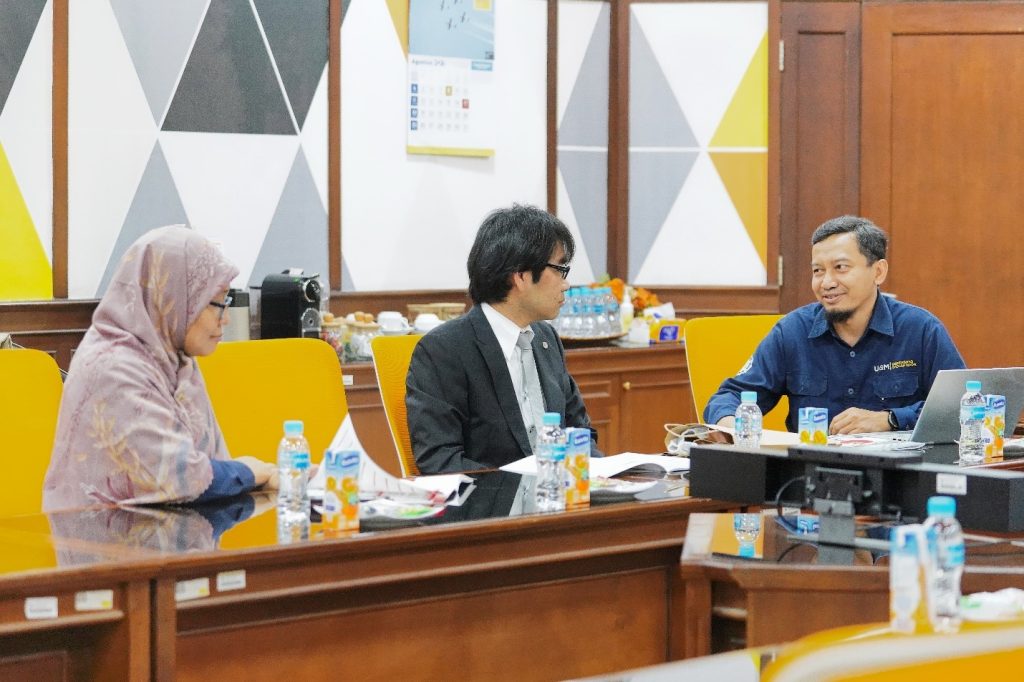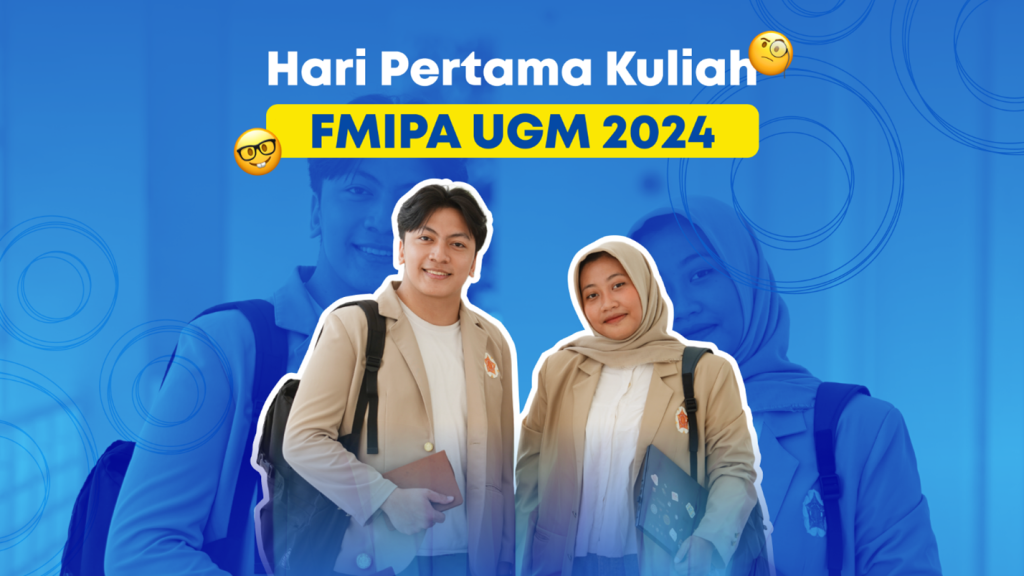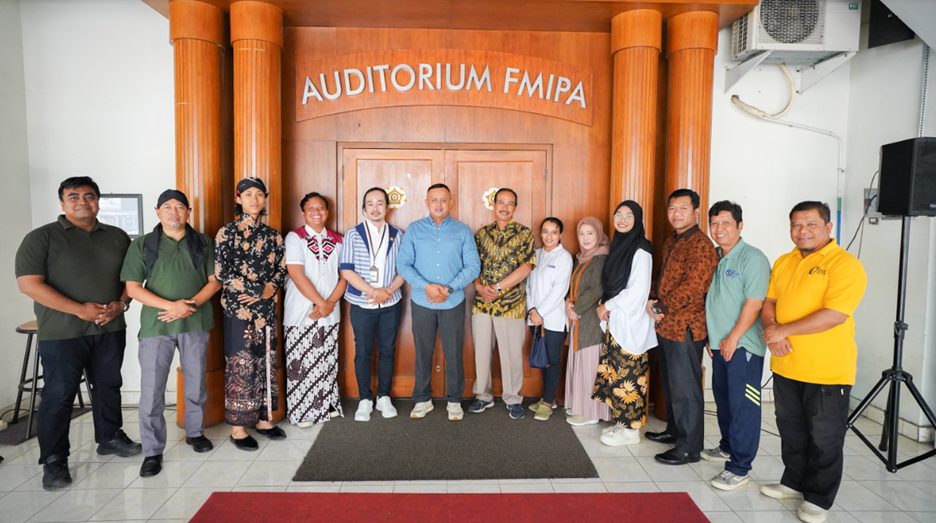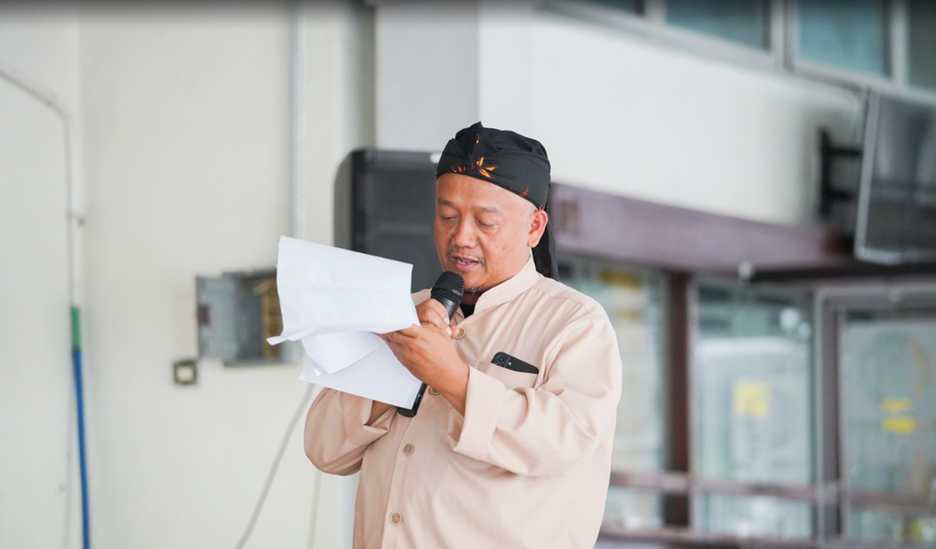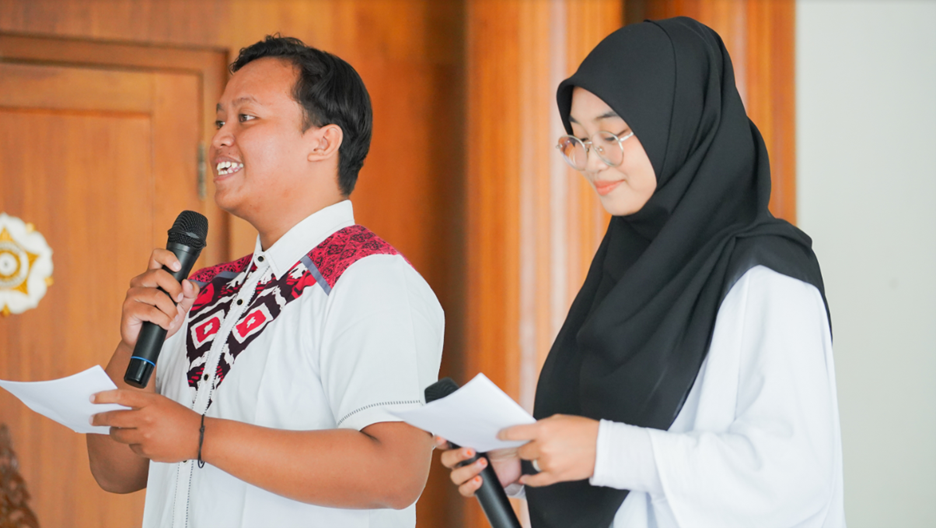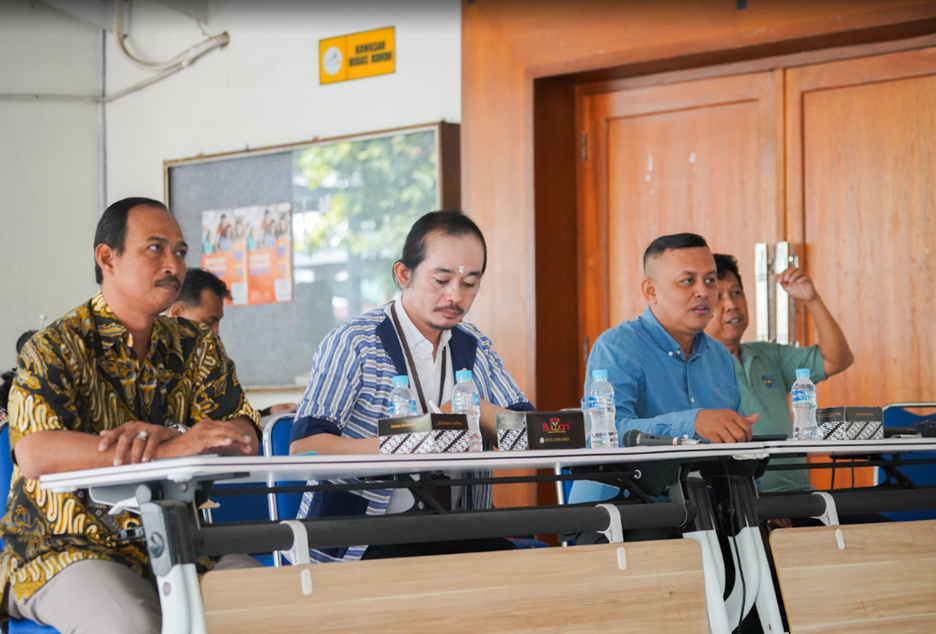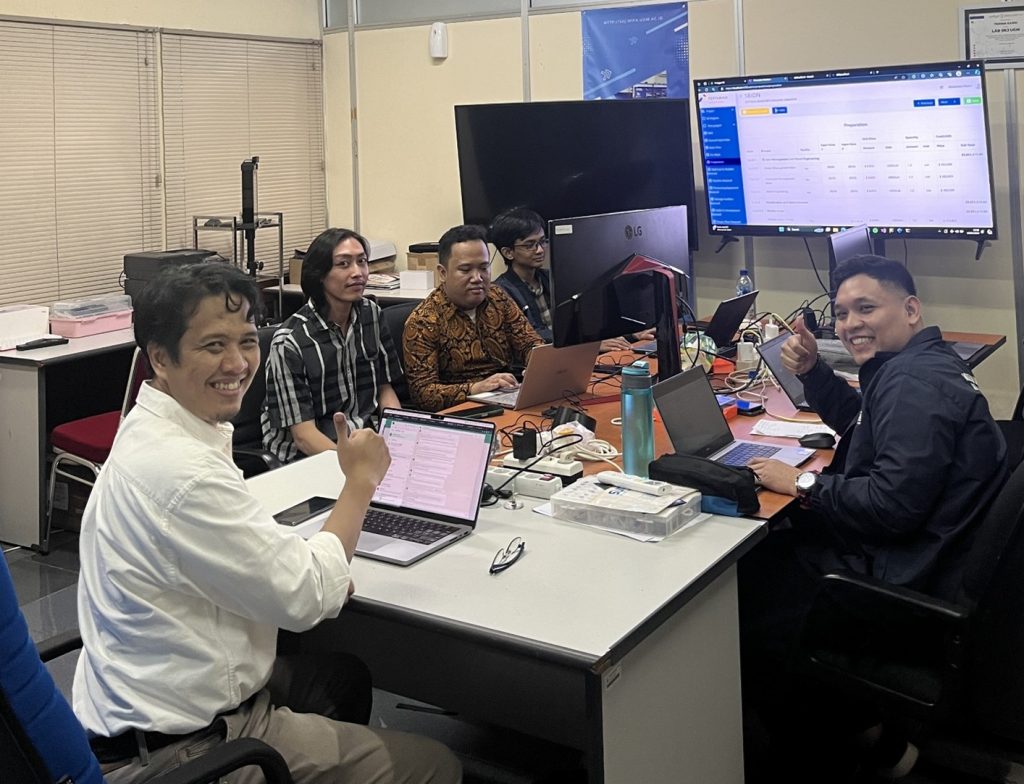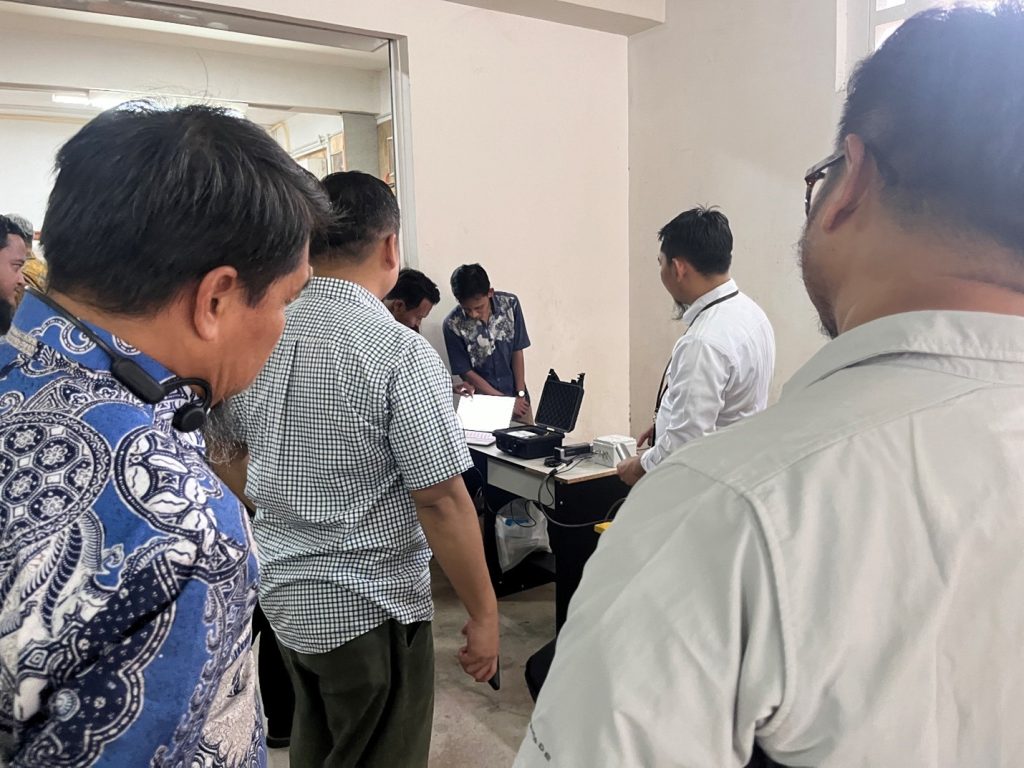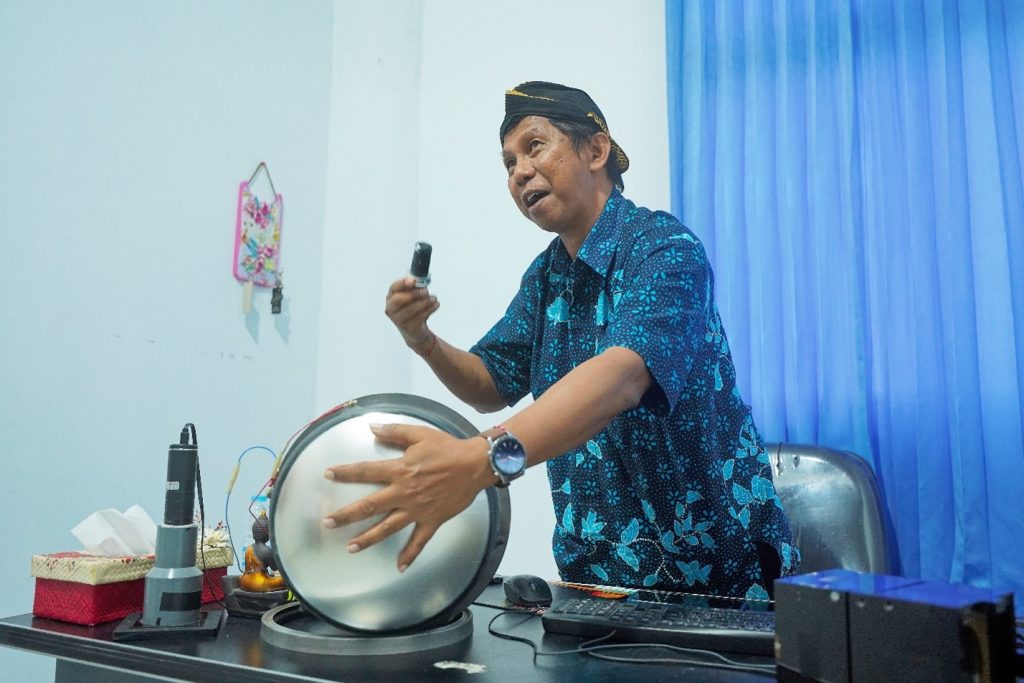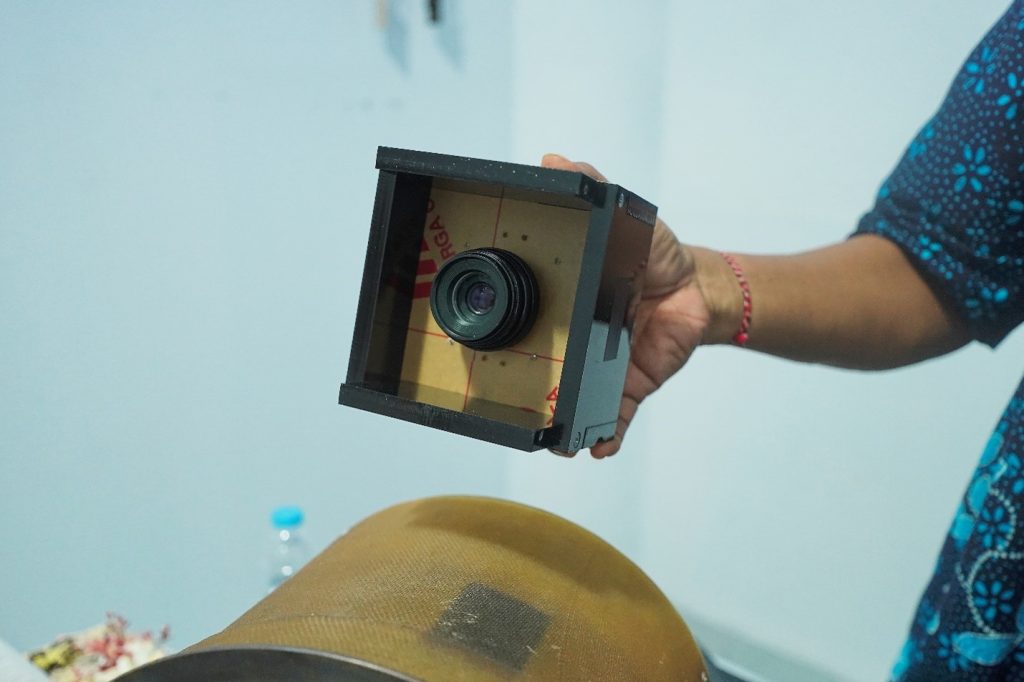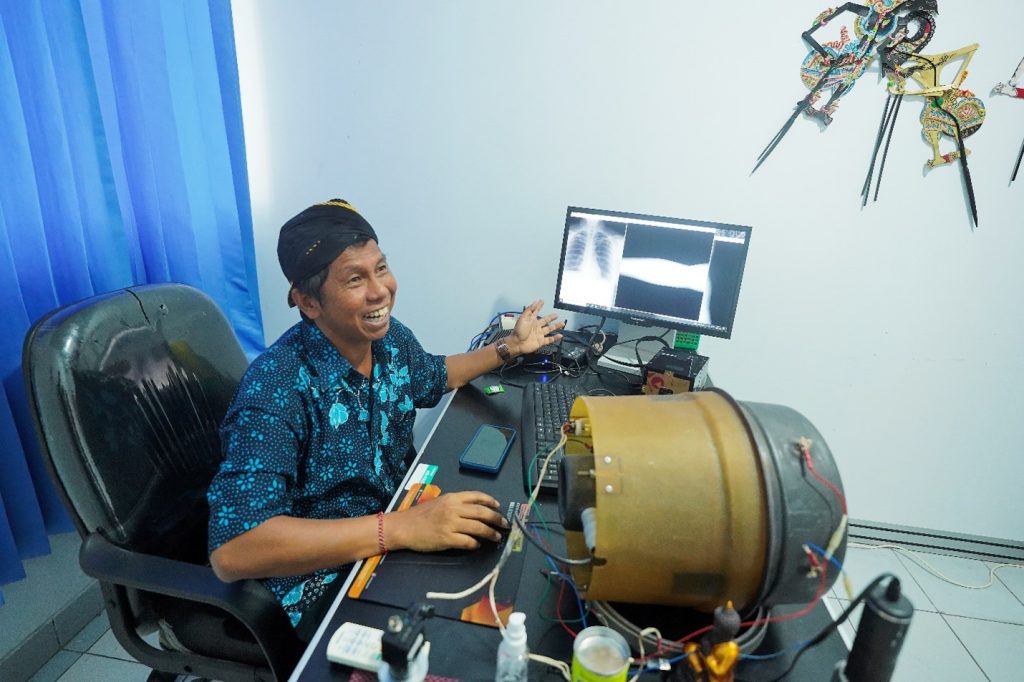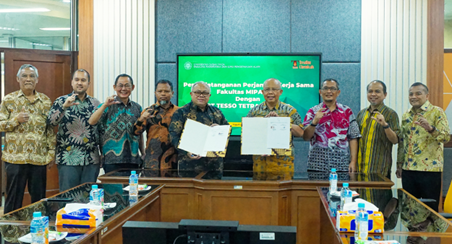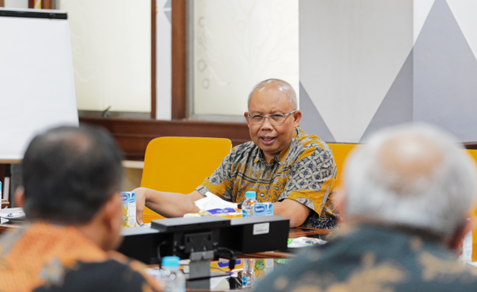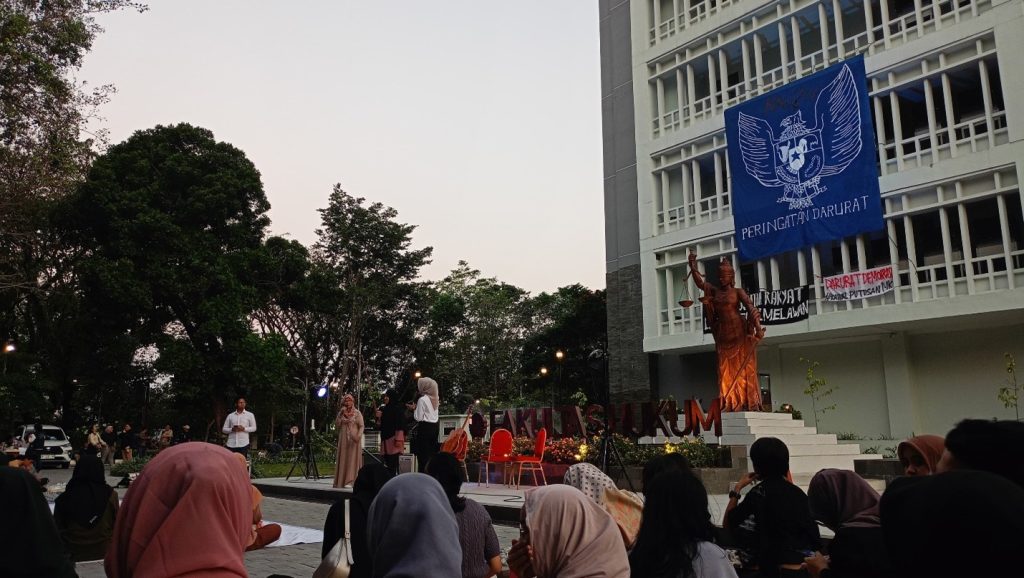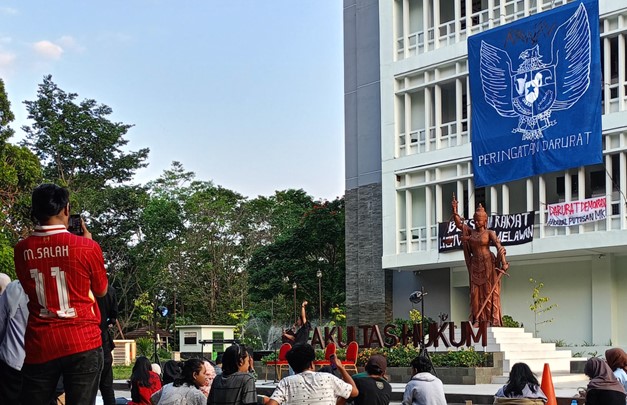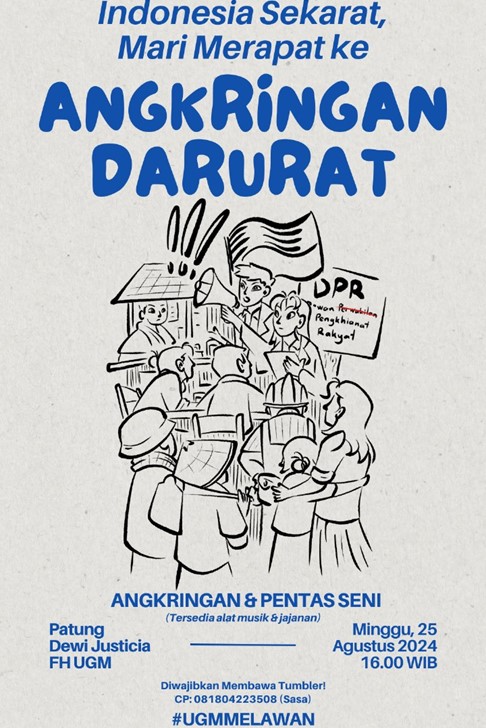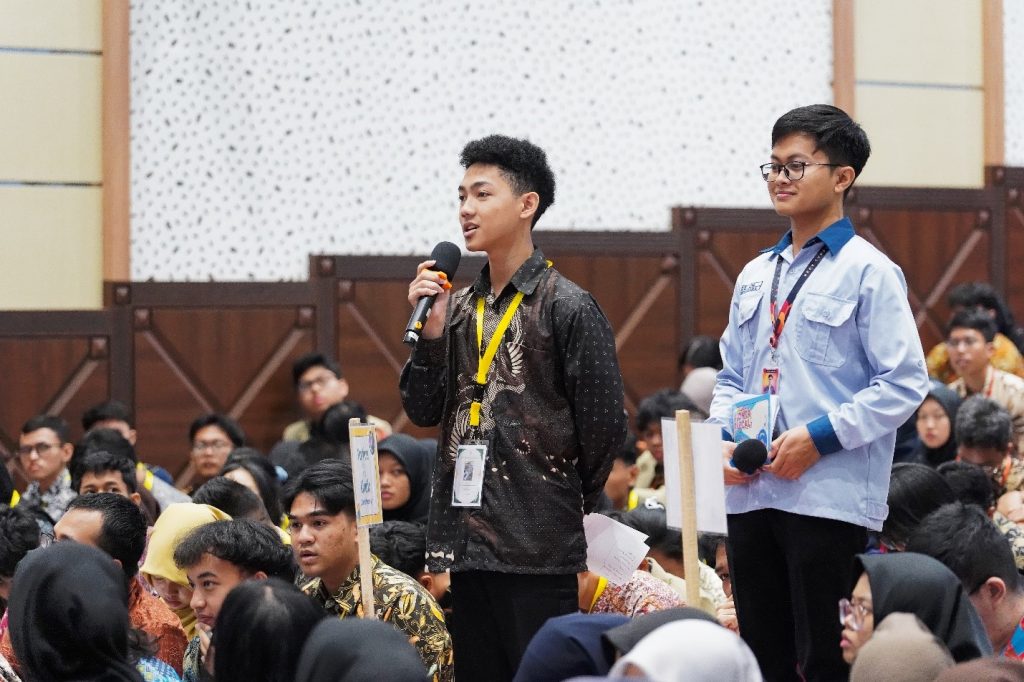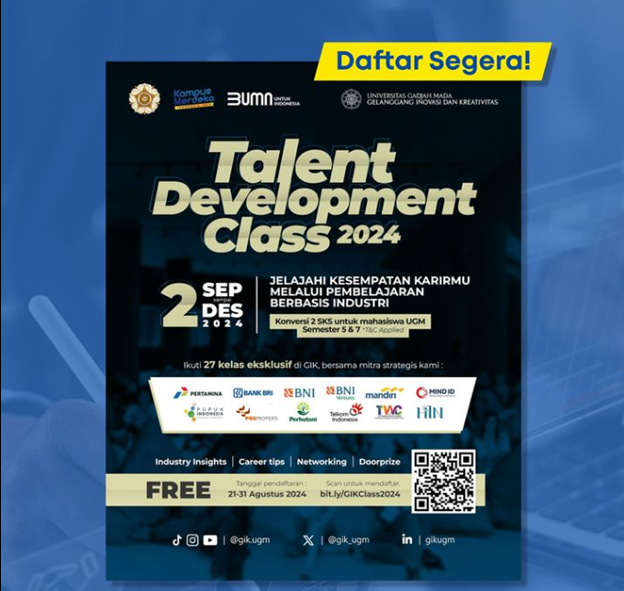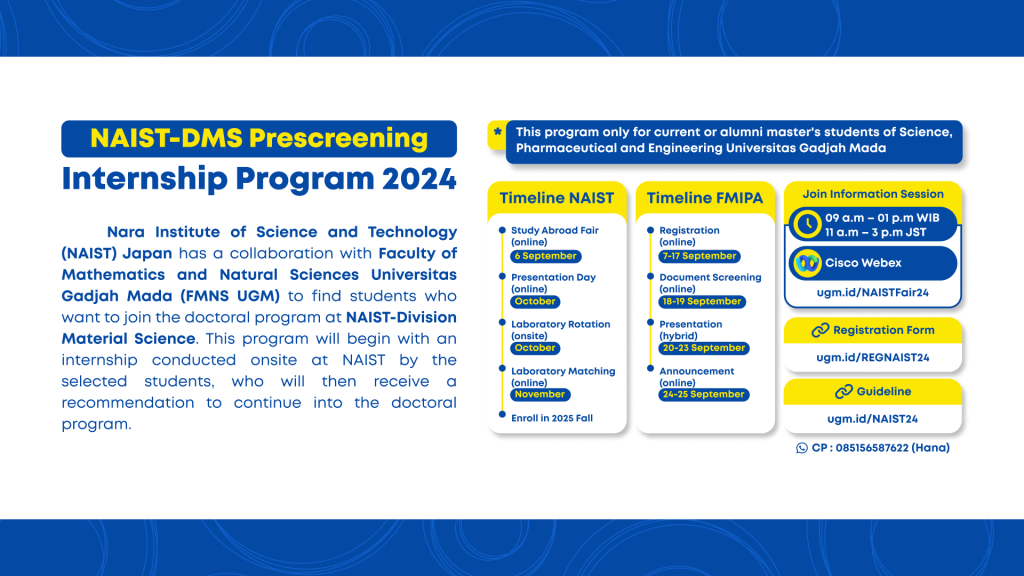
FMIPA UGM Buka Peluang Magang di NAIST Japan bagi Mahasiswa
FMIPA UGM buka peluang magang di NAIST (Nara Institute of Science and Technology) Japan bagi mahasiswa. Kesempatan ini dibuka untuk mahasiswa yang akan mengikuti program doktor di NAIST-Division Material Science. Selain terbuka untuk mahasiswa lulusan pascasarjana di bidang sains, mahasiswa dengan latar belakang pascasarjana farmasi dan teknik juga dapat mengikuti program tersebut.
Registrasi secara daring dapat dilakukan melalui tautan ugm.id/REGNAIST24 dan panduan pendaftaran dapat diakses melalui tautan ugm.id/NAIST24. Calon peserta dapat mengikuti pendaftaran mulai dari 7 hingga 17 September 2024. Kemudian, pada 18 – 19 September 2024, dokumen peserta akan diseleksi dan pada tanggal 20 – 23 September 2024, peserta akan melakukan presentasi secara bauran. Peserta akan dinyatakan lulus secara daring pada tanggal 24 – 25 September 2025.
Dengan dibukanya kesempatan magang di di NAIST (Nara Institute of Science and Technology) Japan bagi mahasiswa bagian NAIST-Division Material Science menjadi cerminan dari SDGs nomor 4 yaitu Pendidikan Berkualitas melalui peningkatan keterampilan bagi calon mahasiswa doctoral serta membuka akses pendidikan lebih lanjut bagi mahasiswa. Selain itu, kemitraan antara FMIPA dan NAIST (Nara Institute of Science and Technology) Japan menjadi cerminan SDGs nomor 17 yaitu Kemitraan untuk Mencapai Tujuan melalui kerja sama yang dilakukan di bidang pendidikan.
Penulis: Febriska Noor Fitriana
Gambar: Anugrah Yuwanda Atmaja
Foto: Hero Prakosa Wibowo Priyanto

